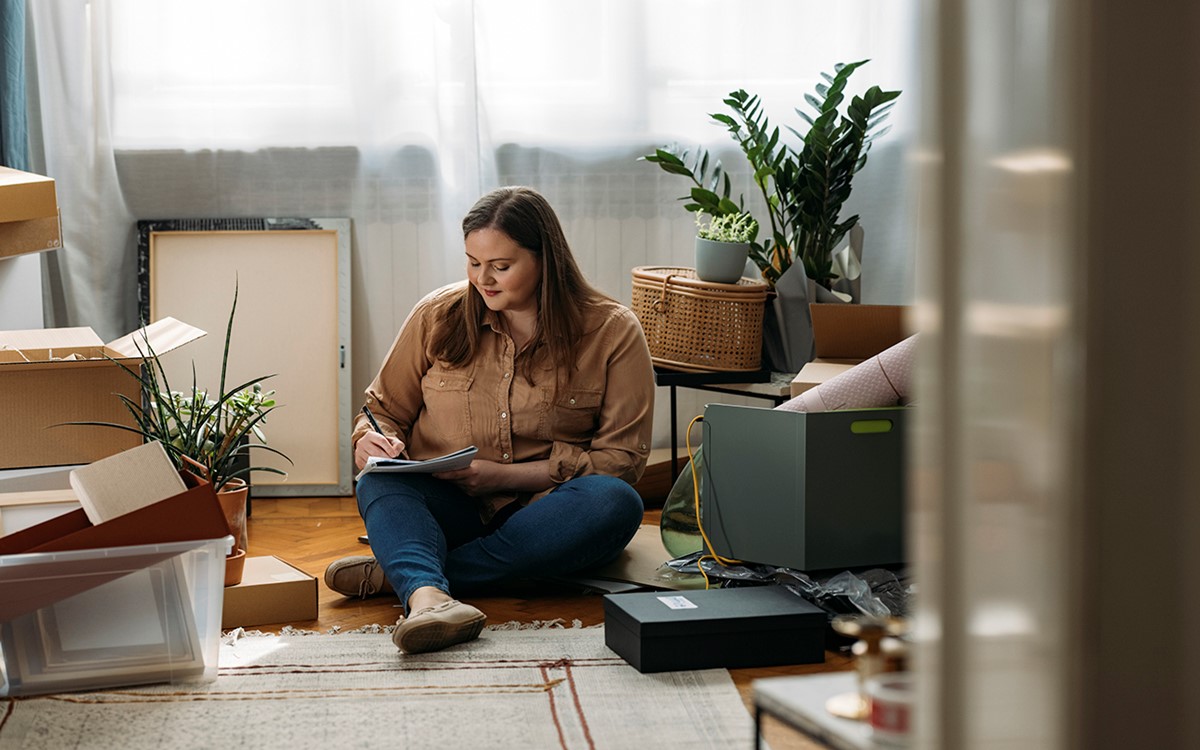What do you need to move to England?
Unless you are a British or Irish citizen, you will usually need a visa to live and work in England. The UK operates a points-based immigration system, and the right route depends on your situation: the skilled worker visa (with a licensed sponsor) is common for employment; other options include the health and care worker visa, global talent, student and graduate routes, the youth mobility scheme (for certain nationalities), and family visas if joining a partner or parent.
Expect to evidence your job offer or eligibility, English level (where required), tuberculosis test for some countries, and financial means. Most visas require paying the immigration health surcharge (IHS), which grants access to the National Health Service (NHS) while you live in the UK. The UK is rolling out digital eVisas; keep your online account details safe for border checks and employer or landlord verifications.
Post-Brexit, anyone moving household goods to England must clear customs. To avoid paying duty and VAT on used personal belongings, apply for Transfer of Residence (ToR1) relief with HMRC before shipping; you’ll provide a detailed inventory, proof of your previous residence outside the UK, and statements that items are for personal use.
If you’re bringing pets, arrange microchipping, rabies vaccination, and an animal health certificate (or recognised pet passport) and book an approved route into Great Britain. On arrival you may also need to complete a right to work check with your employer and a right to rent check with your landlord, register with a GP, and apply for a National Insurance number if you do not already have one.
Most newcomers can drive on an existing license for a limited period, after which you may need to exchange it – check current DVLA rules for your country.









